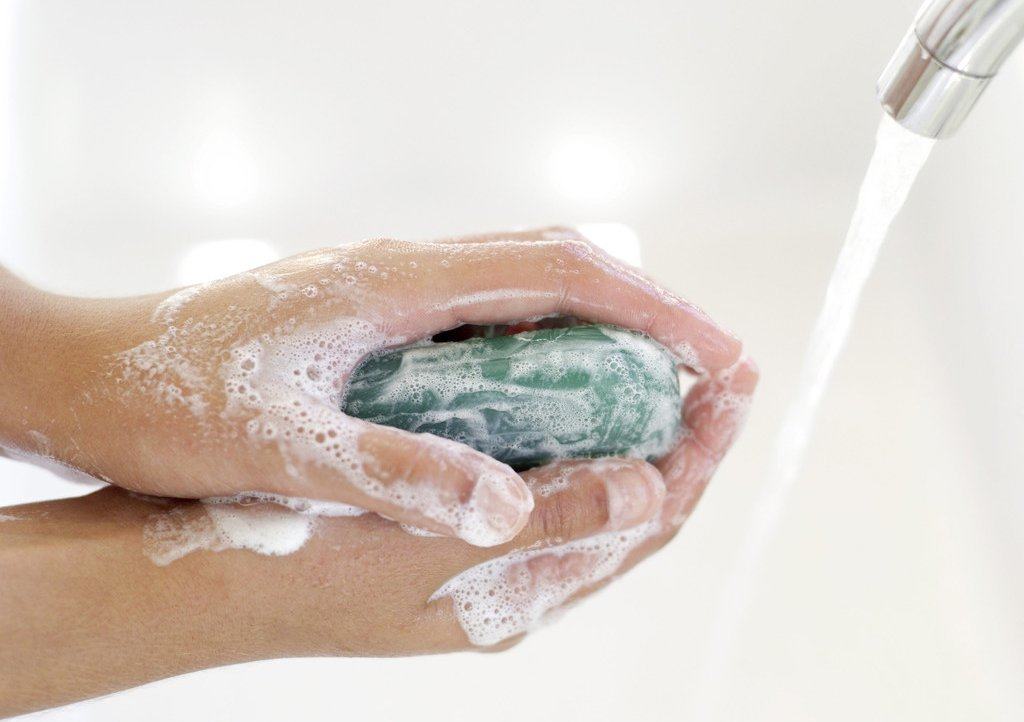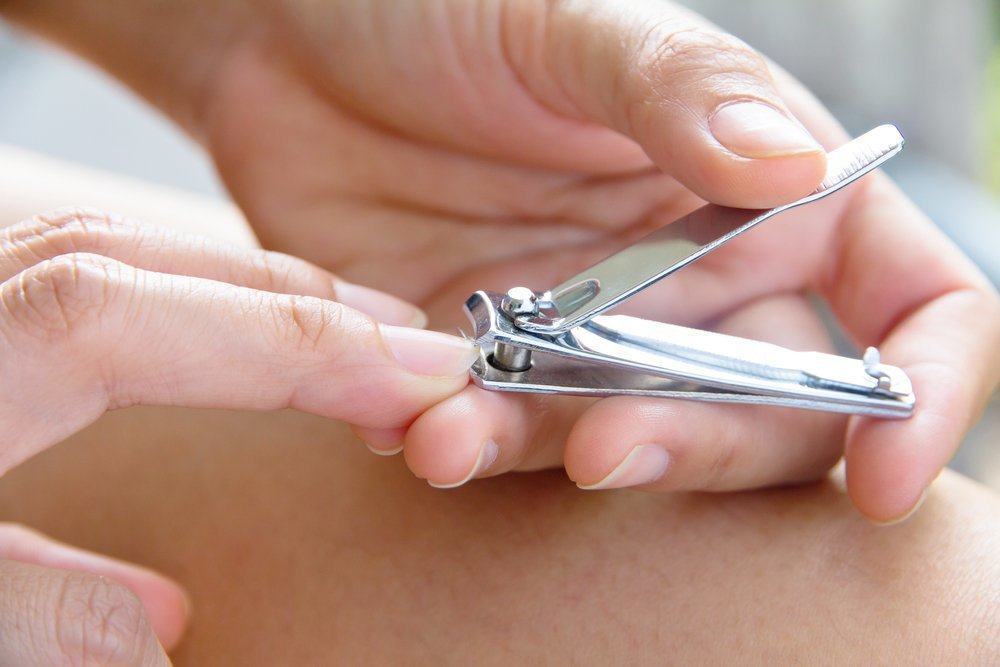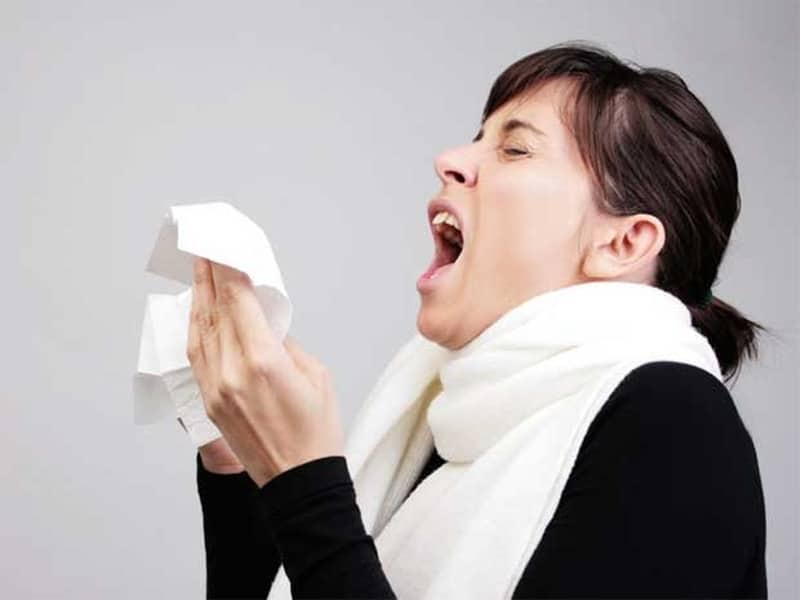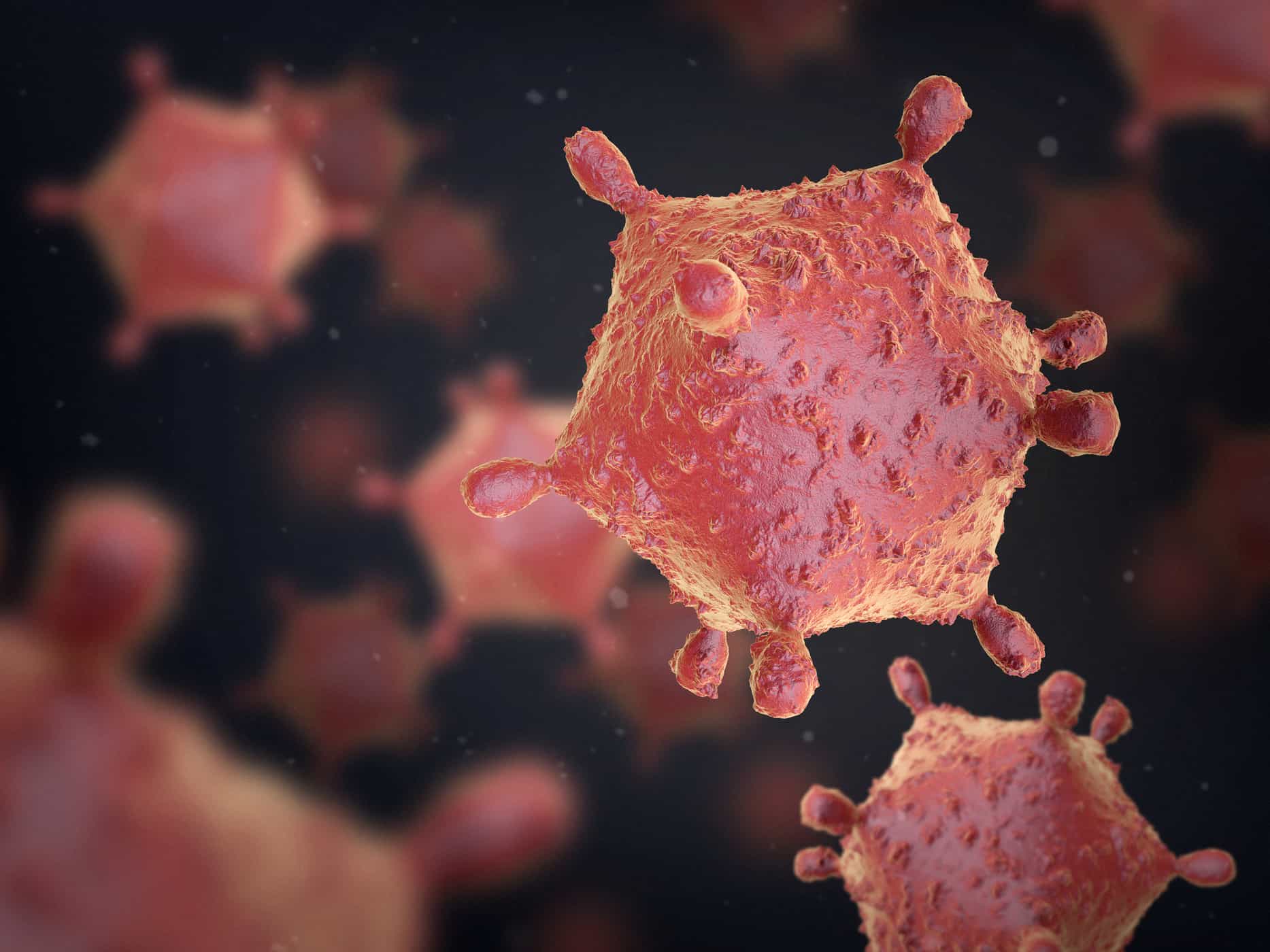Contents:
Medical Video: Infectious Diseases A-Z: Yellow fever outbreak
1. Definition
What is yellow fever?
Yellow fever is a virus found in tropical and subtropical regions in the south of America and Africa. The virus is transmitted to humans through mosquito bites. Yellow fever is diagnosed based on symptoms, physical findings, laboratory tests, and travel history, including possible exposure to mosquito infections. There is no specific treatment for yellow fever; treatment is based on symptoms. The steps to prevent yellow fever virus infection are using insect repellent, wearing protective clothing, and vaccinating.
What are the signs and symptoms?
- The majority of people infected with the yellow fever virus do not have disease or are just mildly ill
- In people who have symptoms, the incubation period (from the time of infection to illness) is generally 3-6 days.
- Initial symptoms include sudden fever, chills, severe headaches, back pain, body aches, nausea and vomiting, fatigue, and weakness. Most people have increased conditions after initial symptoms appear.
- After feeling better in a short period of time (hours to a day), 15% of patients with this disease become more severe. This form of severity is characterized by high fever, yellowing of the skin, bleeding, and finally shock and failure of several organs.
2. How to overcome them
What should I do?
There are no findings about specific treatments that can help patients with yellow fever. As soon as possible, yellow fever patients must be hospitalized for support and observation care.
Treatment is carried out according to symptoms. Rest, adequate fluids, and using painkillers and fever relief may relieve symptoms of pain and fever.
In treatment, you should avoid certain medications such as aspirin or other anti-inflammatory drugs (eg, ibuprofen, naproxen), which can increase the risk of bleeding.
Yellow fever patients should be protected from exposure to mosquitoes (stay indoors or take shelter under mosquito nets) for the first few days of the disease. In this way, the yellow fever virus in the bloodstream will not be infected by mosquitoes, thus avoiding the cycle of spreading and reducing the risk of people around it.
When do I have to see a doctor?
Ask for medical help if you think you might have yellow fever.
3. Prevention
Avoid mosquito bites. Use insect repellent drugs. When you go out use a registered EPA insect repellent such as those containing DEET, picaridin, IR3535, or eucalyptus oil on exposed skin. Even a short time outdoors can be long enough for mosquito bites.
Wear closed clothing to avoid mosquito bites. When the weather is friendly, wear long-sleeved clothes, trousers and socks when on the move outside. Mosquito bites may penetrate thin clothing, so spray clothes with insect repellents containing permethrin or other registered EPA exterminators to provide additional protection. Mosquito repellents containing permethrin are not allowed to come into direct contact with the skin.
Be vigilant at the hours where mosquitoes roam a lot. When active mosquitoes move from evening to dawn. However, Aedes Aegypti, one of the mosquitoes that transmits the yellow fever virus, is active during the day. Use additional insect repellents and protective clothing during the daytime as well as evening and dawn. Stay in an air-conditioned room, especially when many mosquitoes roam can reduce the risk of mosquito bites too.
Vaccinate if recommended
Yellow fever vaccine is recommended for people over 9 months of age, who are traveling or living in an area at risk of transmission of yellow fever viruses such as in South America and Africa.
Yellow fever vaccine may be required as an entry requirement for certain countries.
Who Should Not Get a Yellow Fever Vaccine?
- A person with severe allergies to components in a vaccine, including eggs, chicken protein, or gelatin, or those who have a severe allergic reaction to the previous yellow fever vaccine dose, should not take the yellow fever vaccine. Tell your doctor if you have severe allergies.
- Toddlers younger than 6 months should not do the vaccine.
Tell your doctor if:
- You have HIV / AIDS or other diseases that affect the immune system.
- Your immune system is weak due to cancer or other medical conditions, transplants, radiation, or drugs (such as steroids, cancer chemotherapy, or other drugs that affect immune cell function).
- Your thymus has been removed or has a thymus disorder, such as myasthenia gravis, DiGeorge syndrome, or thymoma.
- Your doctor will help decide whether you can receive the vaccine.
- Adults aged 60 years and older who cannot avoid traveling to yellow fever areas should discuss vaccines with their doctors. They may be at risk of getting severe problems from the vaccine.
- Infants aged 6 to 8 months, pregnant women, and nursing mothers should avoid or delay traveling to places at risk of yellow fever. If it can't be avoided, discuss the vaccine with your doctor.











